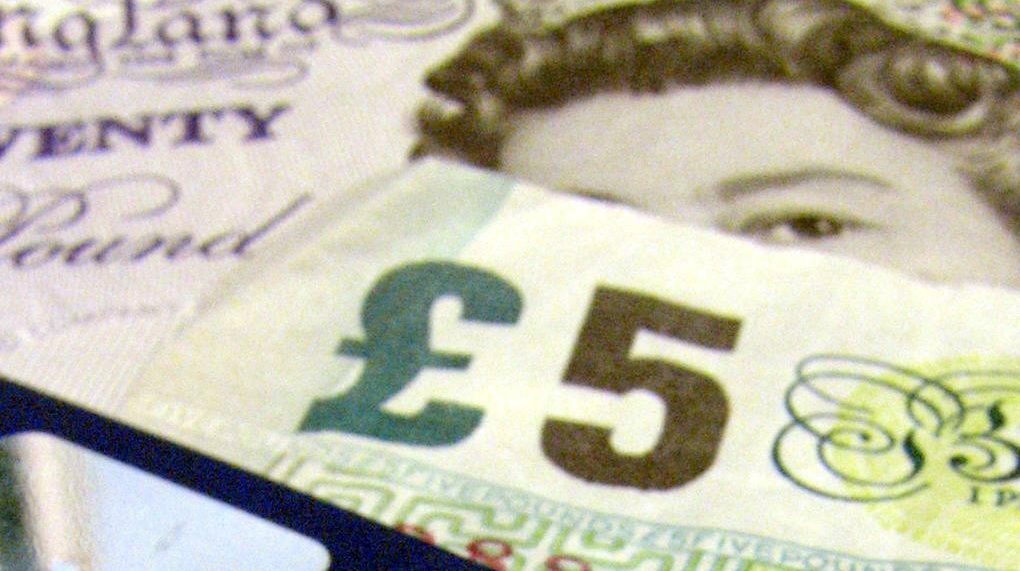
MORE than half of Scots have run out of money before payday, according to a new report which found that debt is “just a fact of life” for most people.
The Citizens Advice Scotland (CAS) study found 15% of 1,501 Scots reported this happened to them “most of the time” or “always”.
Of the 769 respondents who had run out of money before payday, almost half (48%) had to borrow money or use credit to buy food while a fifth (20%) had to do so to pay their rent or mortgage and 29% to pay for utility bills.
Almost a quarter (23%) had gone without food at least once in the previous year.
The report also found more than half (55%) of the people quizzed would be unable to pay a sudden bill of £100 without borrowing, using savings or cutting back on essentials.
For a £250 bill, this rose to 69%, and for £1,000 to 83%.
The report aims to provide a snapshot of the financial realities facing Scots in 2017, and in particular the relationship people have with debt.
Almost a quarter (23%) of respondents reported they were finding it difficult to manage financially while 38% said they were “coping” on their present income.
Almost four in ten (38%) felt they were “living comfortably” on their income.
CAS policy manager Keith Dryburgh said: “This study shows that for most Scots debt is just a fact of life. It also shows that debt is not just an issue for people who are on low incomes.
“Many working Scots on reasonable salaries occasionally need to borrow money to get them from one payday to the next.
“While many of these people would not regard this as a crisis situation, our research also finds that many people are vulnerable to financial shocks, like being unable to pay a sudden bill without getting into debt or using savings.
“More than half of Scots are not familiar with their rights as debt consumers.
“Given that debt is so pervasive in Scotland, we are keen to make sure that people know their rights in relation to debt and also know what options they have if they want to manage their finances better.
“We have information and tools on our website that will help anyone do this – www.cas.org.uk. Free impartial advice is also available at every local CAB.”
The report also found just over four in ten (42%) Scots feel they understand their rights in relation to debt.
The research was done by Ipsos Mori for Citizens Advice Scotland, with the fieldwork carried out in March.

Enjoy the convenience of having The Sunday Post delivered as a digital ePaper straight to your smartphone, tablet or computer.
Subscribe for only £5.49 a month and enjoy all the benefits of the printed paper as a digital replica.
Subscribe